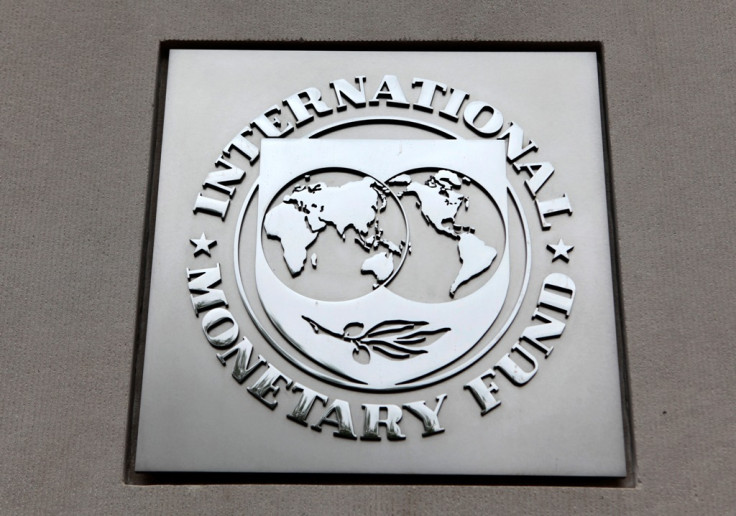IMF Warns Ailing or Bloated Bank Overhauls Threaten the Global Economic Recovery

The International Monetary Fund has warned that the process of overhauling ailing banks or even shutting them down completely, would threaten the global economic recovery.
According to the IMF's biannual Global Financial Stability Report, banks need to either pull out of certain units, raise prices across a number of businesses, or shut completely if they are still struggling, in order to strengthen the financial system.
However, the IMF warns that this could lead to a stifling of lending and dampened economic activity due to the severity of the shake-up.
"The transition to new business models could potentially (create) a headwind against the recovery," said the IMF in the report.
"[However, shutting down ailing banks] would help relieve competitive pressures in a context of excess capacity and allow viable banks to build and maintain capital buffers and meet credit demand."
Since the onset of the credit crisis and the collapse of Lehman Brothers in 2008, banks have had to radically overhaul their structures, boost their capital reserves (creating a bufferzone in case of another financial system meltdown), and exit riskier businesses.
While the Royal Bank of Scotland and Switzerland's UBS have pulled out of certain investment banking areas completely, a number of others, including Goldman Sachs, have significantly cut back on its fixed income banking activities.
© Copyright IBTimes 2025. All rights reserved.






















